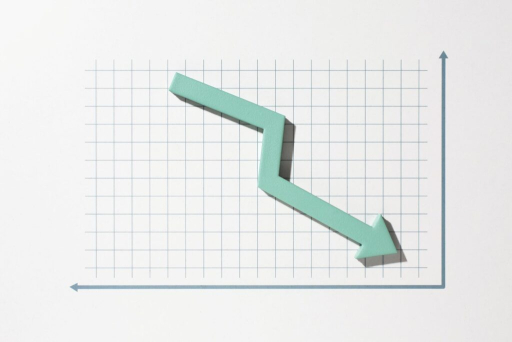
Blog: finance and real estate made simple
Articles and insights to help you navigate and grow
Mortgages and Interest Rates: Why Are They More Expensive Than Everyone Expected?

Mortgages have long been one of the main financial products for financing housing. In recent years, however, mortgage prices have risen significantly – for a variety of reasons related not only to the economy but also to political decisions and changes in the banking market. Below we take a closer look at the key factors that have led to unexpectedly high mortgage prices.
What Are Interest Rates?
An interest rate is the percentage of the borrowed amount that you pay to the lender (in this case, the bank) as a fee for providing the funds. The interest rate can be fixed or variable. A fixed interest rate remains the same for a certain period, usually several years. The average mortgage rate in summer 2024 was 5.07%, the CNB rate was 4.75%. In comparison, the interbank rate (the so-called 3-year IRS) – at which banks borrow money on the market – ranged between 3.30% and 3.80% (source: Hypomonitor).
Reasons Why Mortgages Are More Expensive Than Everyone Expected
1. Political Populism and Excessive Regulation
One of the main reasons mortgages are more expensive today than many expected is political populism and excessive regulation of the mortgage market. Governments and political parties often introduce measures aimed at protecting all consumers at any cost, without considering that some of these measures may ultimately harm the entire market.
Political populism is evident when the same government that prepared the Consumer Credit Act harshly criticized it a few years later, with its politicians competing in hysterical statements about how destructive it was for consumers. In practice, however, penalties are most often only in the low thousands, at most the lower tens of thousands – negligible amounts compared to the millions involved in mortgages. There are also zero penalties in a number of life situations defined by law.
For example, the introduction of minimal penalties for early mortgage repayment was intended to protect borrowers, but in reality, it increased uncertainty for banks. Banks now face higher risks of early repayment because borrowers can repay their mortgages earlier without significant financial penalties. To protect themselves from losses, banks are forced to maintain higher risk margins, which leads to higher interest rates.
Instead of protecting only the truly vulnerable groups that genuinely need help, the rules affect the entire population – increasing mortgage costs for everyone.
2. Low Competition Among Mortgage Banks
Another reason for the sharp rise in mortgage prices is reduced competition in the mortgage market. In recent years, there has been a decline in the number of smaller banks that previously offered competitive mortgage rates. Banks such as Equa banka, Expo bank, Sberbank, Creditas, and Wüstenrot have stopped providing mortgage loans or have been absorbed by larger institutions, leading to a loss of market competition.
This drop in competition has allowed the remaining market players to raise margins, as customers have fewer choices among providers. The market has become less dynamic, and banks no longer need to fight as hard for clients – ultimately resulting in higher interest rates.
3. The Recent Period of Low Bank Margins
Over the past two years, when CNB interest rates and the “cost of funds” were high, banks operated with very low margins. Now that the economic situation has changed and markets expect interest rates to fall, banks are trying to compensate for that loss-making period by setting significantly higher margins.
This means that while banks previously offered mortgages with low profits, they are now taking the opportunity to keep margins high. This compensates for past profit losses, but it also results in much higher costs for consumers.
How to Choose the Best Mortgage?
When choosing a mortgage, it’s important to compare offers from different banks and find out what options are available for you. It’s essential to focus not only on the interest rate but also on the services and support that come with the mortgage. Some “low-cost” mortgages on the market charge extra for everything, and if you want to make any changes, you’re out of luck. This is a real-life experience of many clients of smaller banks that advertise themselves as offering the lowest interest rate.
Conclusion
Mortgages today are more expensive than many expected – due to populist political regulations that aim to protect consumers but also increase risks for banks, reduced competition in the mortgage market, and banks’ efforts to recoup losses from the period of low margins. For consumers, it is now essential to carefully choose between available options and keep the long-term outlook in mind to minimize mortgage-related costs. Given the high interest rates, it may be wise to consult a financial advisor who can help you find the best option for your specific situation and select a bank that can be your long-term partner – not just a bank for one year.
Note: Fixed rate used: 1 EUR = 25 CZK.
Stone & belter blog
Similar articles
Category















